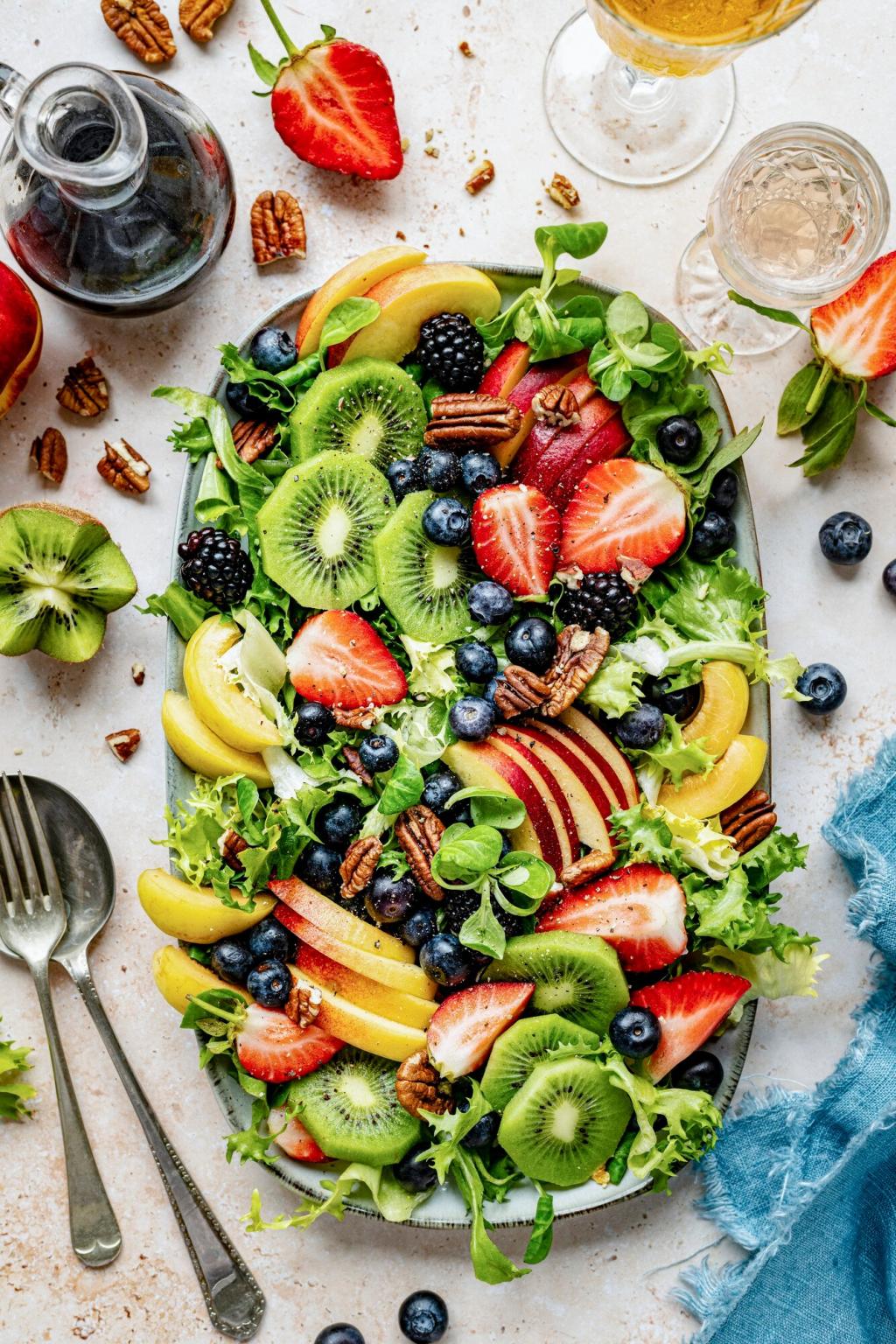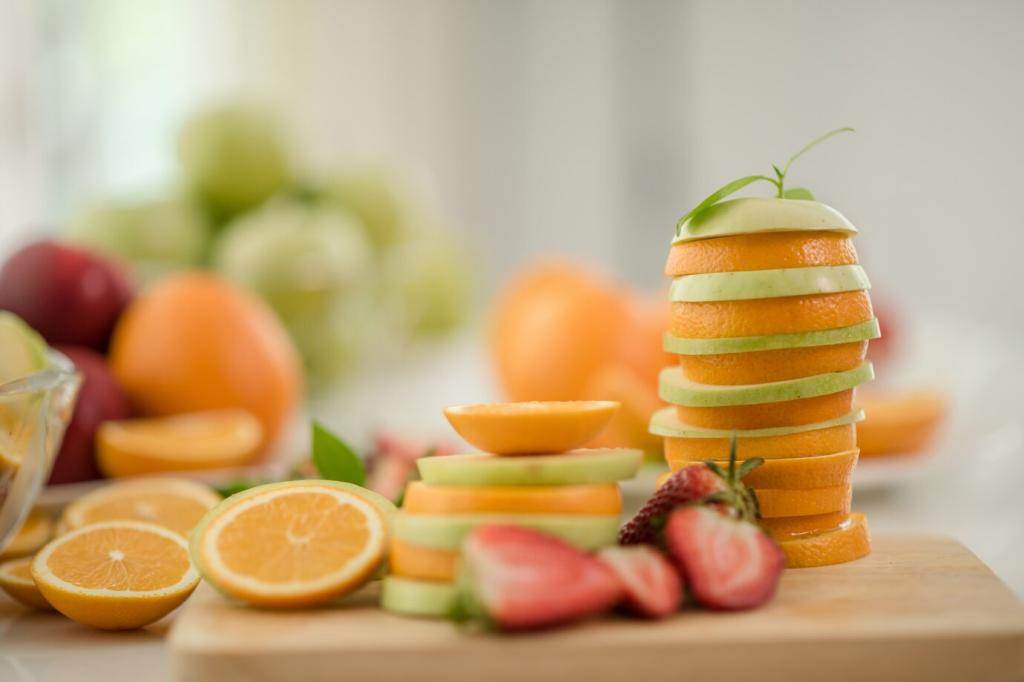Stories and Small Wins
After frequent colds during training, one reader added structured hydration with electrolytes on longer runs. Illness days dropped, recovery felt smoother, and sleep improved. Tell us your hydration habit that changed everything.
Stories and Small Wins
A teacher kept a marked bottle at her desk and added hydrating snacks. Fewer sore throats, steadier voice, better afternoons. What small change could you try this week? Comment to inspire others.





